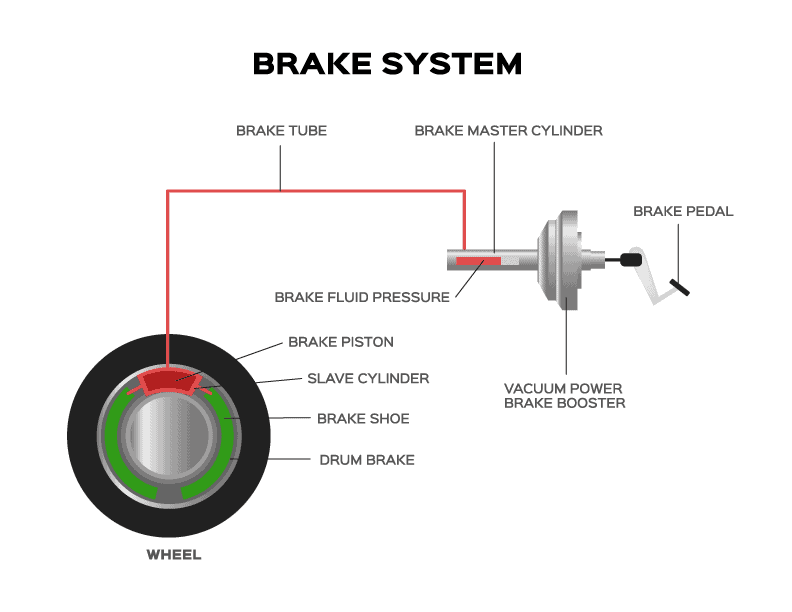

If they are worn, often the car will jerk when braking. In this case, we refer to bushings from the rear suspension. So, you need to be careful when choosing the right brake discs.

This will mean that you have installed soft brake discs and hard brake pads, causing the pads to damage the discs. Differences between the hardness of the brake discs and the pads Remember to lubricate the new parts after installing them. In this case, the repair is not possible, you need to change the calipers. Calipers wear off as time passes and they will become loose. This problem occurs in cars with high mileage, or in cars where maintenance was poor. In most cases, the brake pads will need replacement. As a solution, you need to check the brake pads and the calipers. The cause of the brake pads is quite rare, however, this problem also caused the car to jerk not only when braking, but also while driving. The only solution is simple, you need to change the brake pads with high-quality ones. Other signs that confirm brake pad wear are the whistling they emit when you brake and also the squeaks, which are special metal antennae that rub against the discs, causing a squeak and thereby signaling the car owner that it is time to change the brake pads. One of the most common causes, worn brake pads can cause the car to jerk when braking. As soon as possible you should get this fixed. If the mechanics from the car workshop you went for a brake disc change installed them wrong, this can cause friction against the pad. It is recommended to change the drum brakes with new ones. Similar to deformed brake discs, changes in shape can appear on the drum brake as well due to sudden cooling. Or, a much wiser solution for this would be just to replace the discs with brand new ones made from high-quality material.Ĭhanging the brake discs you should change the brake pads too. You can go with the brake discs at a specialized car workshop and straighten them back like in the video below. Usually, brake discs must be more than 20 mm thick, and if they are not then you should change them both. In most cases, brake discs will be bent after a sudden cooling, specifically, when you drive and hit the brake several times, the discs will be hot and on the road, you will go to a car wash or you will encounter a puddle with cold water.Īs a result, the brake disc temperature will suddenly drop, and, if the brake disc material is low-quality, then the chances to change its shape are very high. Differences between the hardness of the brake discs and the pads.


 0 kommentar(er)
0 kommentar(er)
